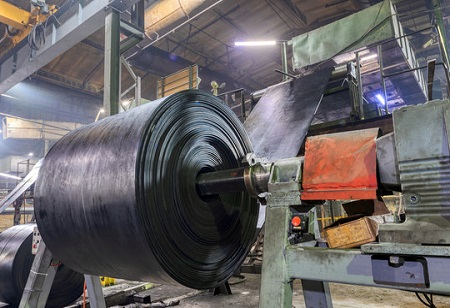The inverted duty structure has been a key impediment to the growth of India's rubber industry. In a recent briefing, Shashi Kumar Singh, vice president of All India
Rubber Industries Association(AIRIA) said, “India should correct the customs duty for the sector. Rubber Industries use more than 50 raw materials and synthetic rubber of which many are not produced in India.”
He further added that MSMEs and other rubber goods producers have little option but to rely on imported high-quality raw materials from foreign players since the quality of natural rubber produced in the nation is not "up to the mark". In addition, tyre manufacturers buy the bulk of locally produced high-quality supply leaving the MSMEs with no other options but to import.
The insufficient production and inefficient quality standards of the Natural Rubber(NR) are two of the most important stigmas that the nation's rubber raw material manufacturing segment have to deal with. Adding on that, the massive price hike and ongoing pandemic has vigorously struck the Synthetic Rubber(SR) market.
Today, India’s rubber industry is massively dependent on the import of raw material for its overall operations. As per the data shared by Vikram Makar,president, AIRIA “We are dependent on imports of many raw materials which are vital inputs for the rubber goods manufacturer, be it SBR and NBR (styrene-butadiene rubber and nitrile butadiene rubber) (40 percent needs to be imported), carbon black and general rubber chemicals (30 percent import) silicone rubber, EPDM polychloroprene (100 percent import).”
However, too much dependency on the international market for import of raw materials can be risky for the developmental imperatives of the country. Therefore, it is important that India has a dependable and captive source of raw material production in the country to ensure its seamless supply. In this article, let's unleash the key steps the Government, Rubber Board & industry must attend for a resilient and Atmanirbhar future.
